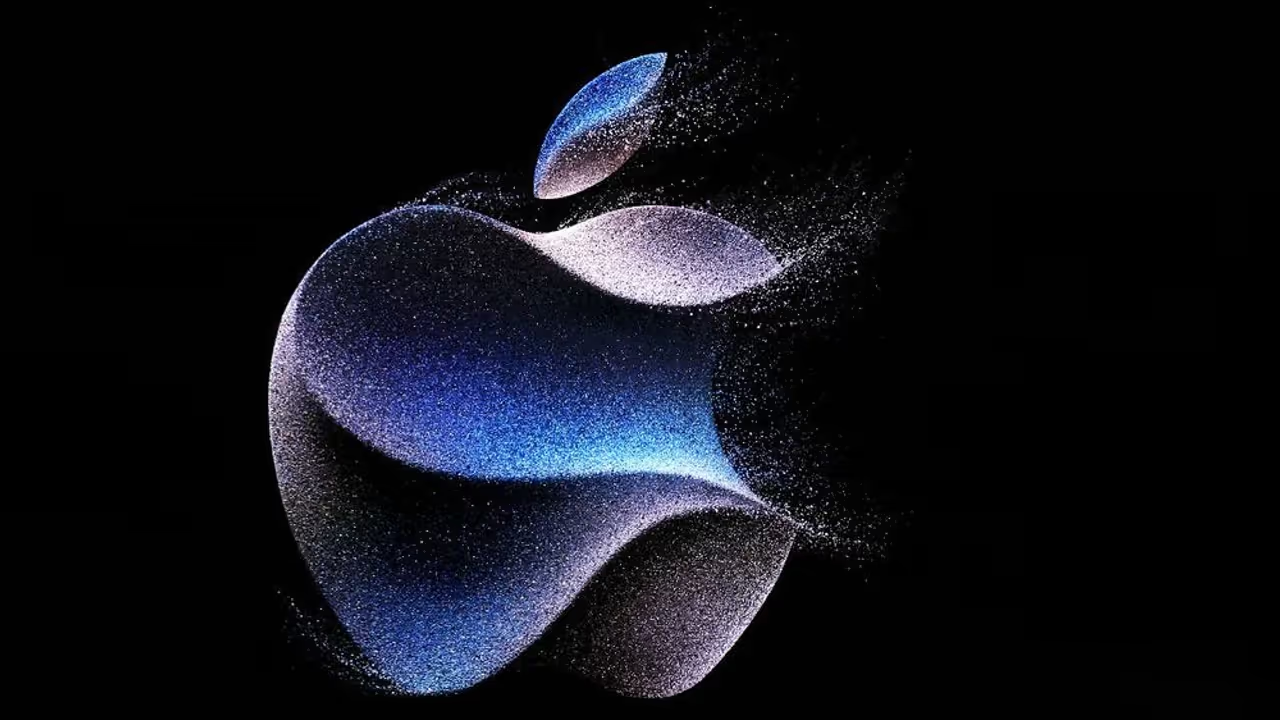Apple is teaming up with Synchron, a New York-based medical equipment manufacturer, for the project.
Apple, Inc. (AAPL), which has recently been late to the party on several innovative fronts, is reportedly eyeing technology that would allow users to control their iPhones and other devices with neural signals emanating from the brain.

The tech giant said in a release on Tuesday that its iOS, iPadOS, and VisionOS will add a new protocol to support "Switch Control" for Brain-Computer Interfaces (BCI). This emerging technology allows users to control their devices without physical movement.
If successful, the system could eliminate users' need for physical gestures, relying instead on decoded brain signals to interpret their intentions.
Apple is teaming up with Synchron, a New York-based medical equipment manufacturer, for the project. The latter confirmed this via a press release.
"This marks a major milestone in accessibility and neurotechnology, where users implanted with Synchron's BCI can control iPhone, iPad and Apple Vision Pro directly with their thoughts without needing physical movement or voice commands," Synchron said.
Synchron is developing implantable neurotechnology to unlock the brain and solve unmet medical needs. The company's Stentrode — a stent-like electrode array permanently implanted into a blood vessel in the brain — translates the signals into selecting icons on a screen.
The company has reportedly implanted the device in 10 people since 2019.
Synchron's CEO Tom Oxley said, "This marks a defining moment for human-device interaction. BCI is more than an accessibility tool, it's a next-generation interface layer."
"Apple is helping to pioneer a new interface paradigm, where brain signals are formally recognized alongside touch, voice and typing."
The new technology could open up Apple devices to thousands with severe spinal cord injuries or neurodegenerative diseases like ALS, who are unable to use their hands.
Unlike traditional assistive devices that replicate hardware inputs, a BCI human interface device (HID) can allow bidirectional communication between the BCI and the device.
Apple plans to release the new standard to other developers later this year.
Elon Musk's Neuralink, a pioneer BCI company, has implanted its Link on three patients who are unable to move their arms and legs due to medical conditions such as spinal cord injury or amyotrophic lateral sclerosis (ALS).
The three patients are currently participating in a clinical study called "PRIME" to demonstrate Link's safety and efficacy.
The device has received a 'Breakthrough Device" designation from the FDA in July 2020 and secured the agency's nod for initiating clinical trials in May 2023. However, a final approval could be years away.
Apple stock ended Tuesday's session up 1.02% at $212.93, although it is down about 15% for the year.
For updates and corrections, email newsroom[at]stocktwits[dot]com.<
